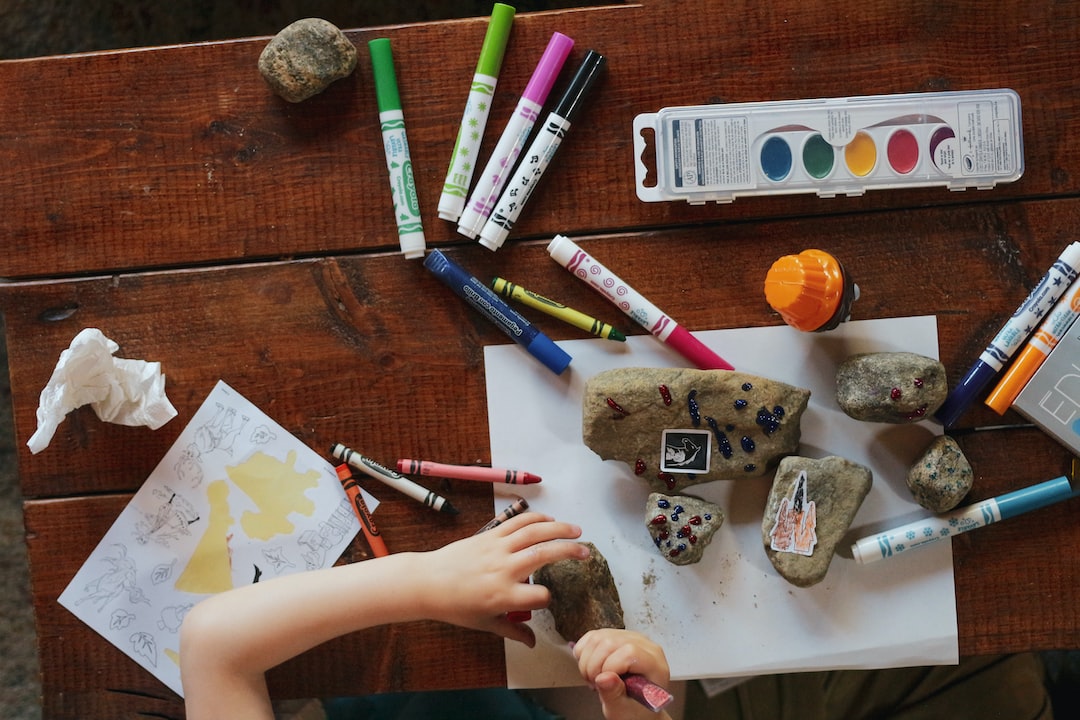Frida Kahlo was a Mexican artist who gained worldwide fame for her unique and powerful paintings that explore themes of identity, gender, and the human condition. Born in 1907, she is widely regarded as one of the most influential artists of the 20th century and her legacy continues to inspire people around the world.
Kahlo’s life was marked by physical pain – she suffered from polio as a child and later, a bus accident resulted in a lifelong battle with chronic pain and illness. Her art, therefore, became a means of expressing herself and processing her experiences, and it is through her works that she has left a lasting impact on the art world.
One of the most striking features of Kahlo’s paintings is her use of vivid colors. She often used bold and bright shades to depict her subject matter, bringing a sense of vibrancy and intensity to her work. This color palette was also a reflection of her Mexican heritage and the traditional folk art that she was exposed to growing up.
Many of Kahlo’s paintings are self-portraits, which served as a means of exploring her identity and grappling with her physical pain. Her portraits are characterized by their raw emotion, often depicting her with a pained expression or other signs of physical distress. She was unapologetically honest in her portrayal of herself, unafraid to show her physical and emotional scars.
Another recurring theme in Kahlo’s work is nature. She often depicted plants, animals, and other natural elements, with many of her paintings featuring a lush and vibrant landscape. For Kahlo, nature was a source of comfort and inspiration, and she found solace in the beauty and life that it offered.
Kahlo’s work was also a reflection of the political and social climate of her time. She was a keen observer of the world around her and her paintings often depict social issues such as gender inequality, poverty, and political oppression. Her art served as a means of social commentary, encouraging people to reflect on and question the injustices of society.
Kahlo’s artistic legacy has had a profound impact on the art world. Her influence can be seen in contemporary art and fashion, with many artists and designers drawing inspiration from her bold and expressive style. Her paintings continue to inspire and move people, with her self-portraits in particular serving as a powerful example of the impact that art can have on our understanding of self and identity.
In addition to her work as an artist, Kahlo was also known for her activism. She was a vocal advocate for women’s rights and cultural identity, and her life inspired many women to challenge the patriarchy and assert their own voices and identities. Her legacy in this regard is ongoing, with her story continuing to inspire women around the world to fight for their rights and freedom.
Kahlo’s paintings continue to be exhibited and celebrated in galleries and museums around the world. Her work has had a lasting impact on the art world, inspiring artists to continue exploring themes of identity, pain, and the human condition. Despite the physical pain and adversity that she faced in her life, Kahlo’s legacy is a testament to the power of art to heal, inspire, and bring people together.

